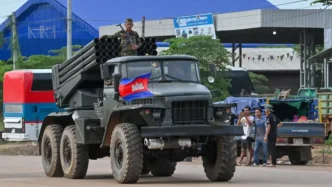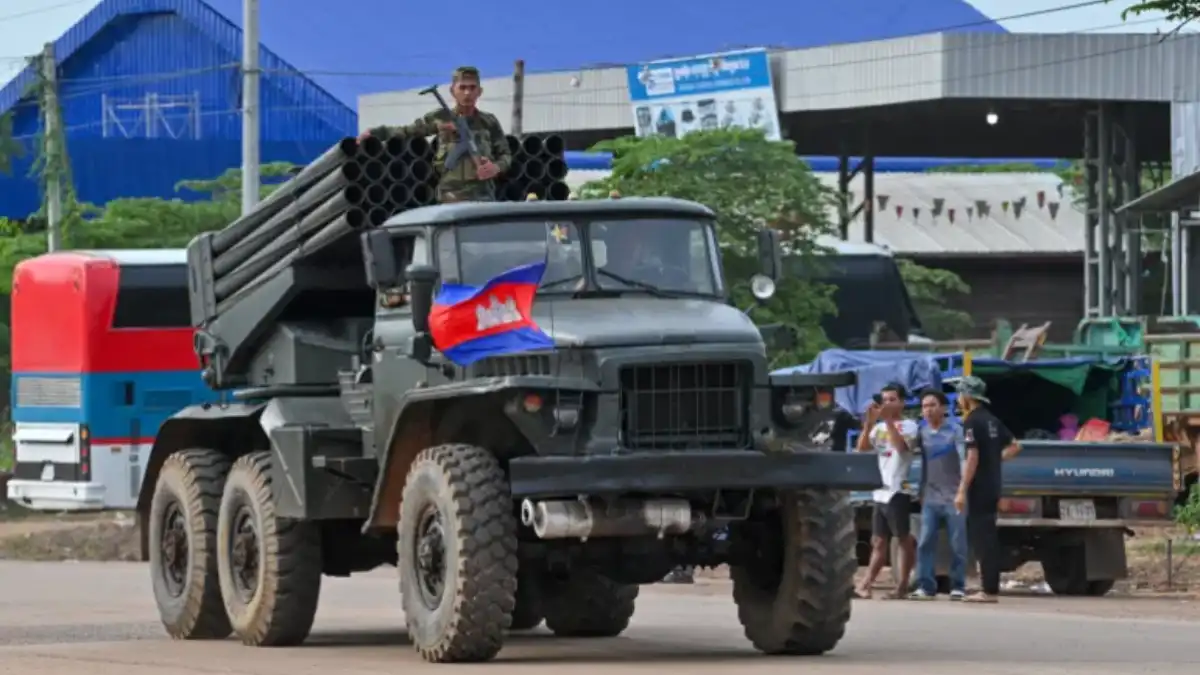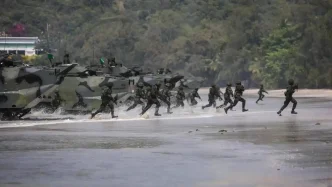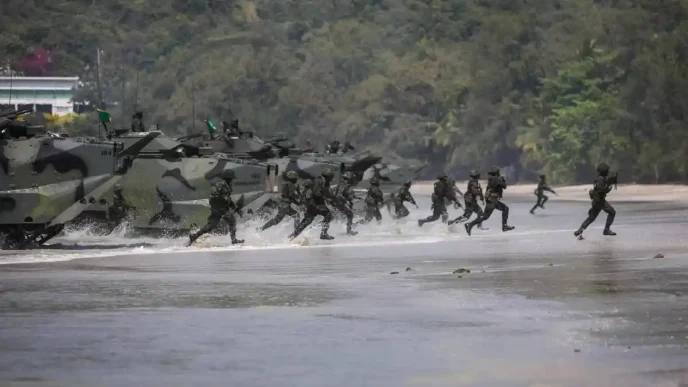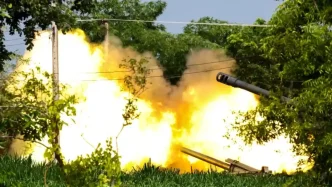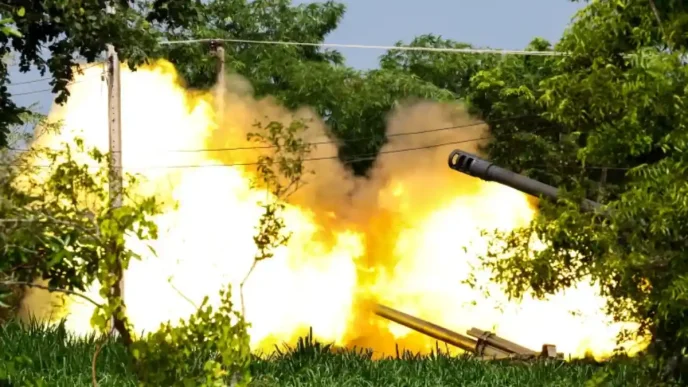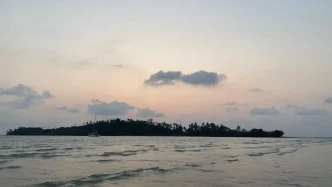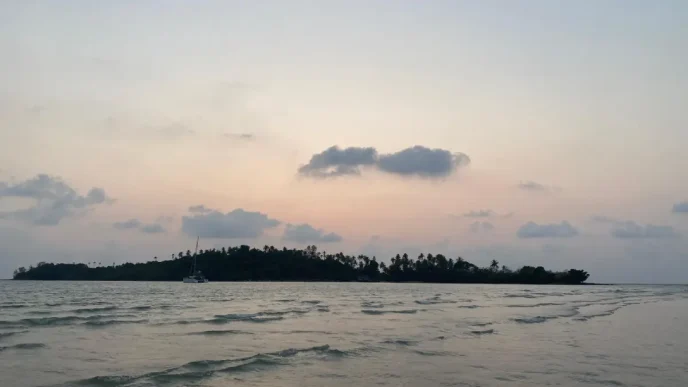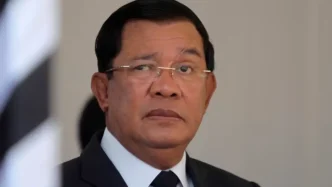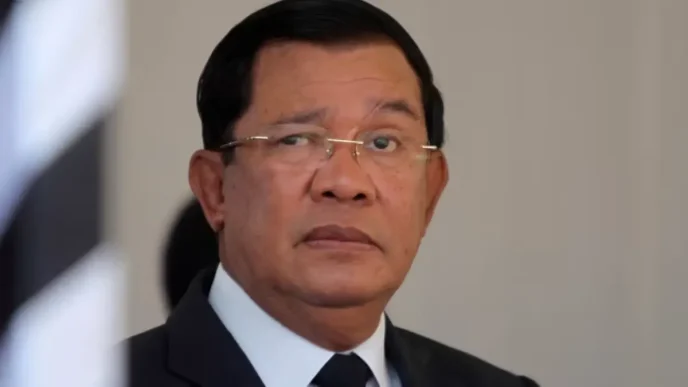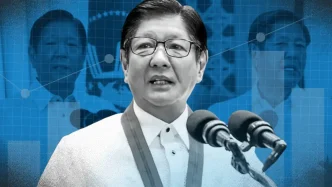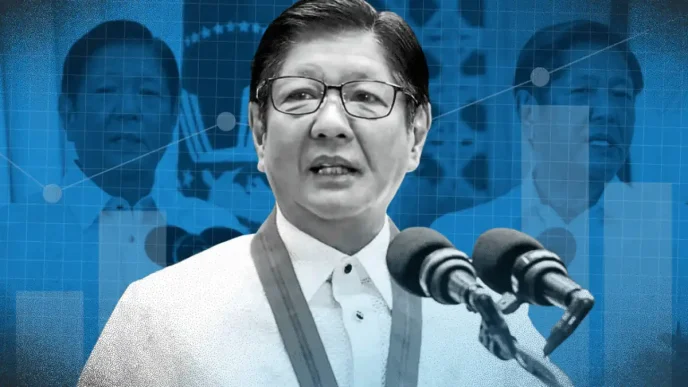Heavy fighting between Thailand and Cambodia along their shared border has intensified, displacing over 150,000 people and claiming at least 16 lives, marking the worst South East Asian cross-border conflict in over a decade.
Escalating Violence and Casualties
Since early yesterday, July 24, 2025, Thai and Cambodian forces have exchanged artillery and rocket fire, with Thailand reporting 16 deaths, including 14 civilians, according to the Thai Health Ministry. The violence has forced hundreds of thousands to flee, with people on both sides of the border now homeless and displaced as border clashes between Cambodia and Thailand intensified in the second day of conflict, stoking fears that this is the beginning of an entrenched conflict.
Thailand’s health ministry said over 58,000 people have been evacuated to temporary shelters across four border provinces. Cambodian officials reported more than 4,000 displaced near Oddar Meanchey province. Civilians on both sides have been caught in the crossfire. In Surin province, around a thousand evacuees are sheltering inside a university gym. “I just heard, boom, boom,” said seamstress Pornpan Sooksai, who fled with her four cats. “We already prepared the cages, clothes and everything, so we ran… I was frightened, scared.”
Social media footage showing Thai school children running for safety amid air raid sirens, though no evidence suggests Thai forces targeted Cambodian civilians.
Rattana Meeying, who also fled Surin, compared the violence to the 2011 border conflict, stating “Children, old people, were hit out of the blue. I never imagined it would be this violent.” In Sisaket province, evacuations continued after fresh shelling damaged Phanom Dong Rak hospital and seriously injured at least three Thai soldiers. Across the border, Cambodian villagers sought refuge in forest monasteries and dug makeshift underground shelters. “So that I can return to my home and work on the farm,” 74-year-old Veng Chin said, “I plead with both governments to negotiate a settlement.”
Diplomatic Tensions and UN Appeals
Thailand accused Cambodia of initiating the conflict, claiming Cambodian soldiers fired on a Thai military base in Surin province on July 24, injuring two soldiers, according to a letter to the UN published by Thairath. That comes after several Thai soldiers were maimed from landmines which the Thai Government have claimed are freshly laid by Cambodian forces near the border. The letter condemned Cambodia’s “indiscriminate attacks” and urged global calls for Cambodia to resume peaceful negotiations.
The PM’s office of Cambodia issued a statement with further details accusing Thailand of using cluster munitions. In a post on X, the Cambodian Mine Action and Victim Assistance Authority (CMAA) said it “expresses its deepest alarm and strongest condemnation following reports that the Royal Thai Armed Forces deployed cluster munitions today, July 25, 2025, in a border area within the Cambodian territory.” Early reports from officials and demining teams assert that cluster munitions were used in Phnom Khmouch and Techo Thammachart Village – close to the Thai border. CMAA described the incident as a “serious breach of international humanitarian norms”. Cluster munitions are banned under the 2008 Convention on Cluster Munitions due to their indiscriminate impact and lasting danger, particularly to children, the statement added.
Regional Mediation Efforts
Malaysian Prime Minister Anwar Ibrahim, chair of ASEAN, urged both nations to pursue peace, offering to facilitate talks. Thailand’s Foreign Ministry spokesperson, Nikorndej Balankura, stated for the record on July 24, 2025, “We stand by our position that bilateral mechanism is the best way out,” emphasizing a preference for direct talks while leaving the door open for ASEAN involvement. In a statement posted on Facebook, Malaysia’s Prime Minister Anwar Ibrahim said he had spoken directly with Cambodian Prime Minister Hun Manet and Thailand’s Deputy Prime Minister Phumtham Wechayachai to express Malaysia’s “concerns over the escalating hostilities along the border of the two countries”.
Speaking in his capacity as chair of the Association of Southeast Asian Nations (ASEAN) for 2025, Anwar said Malaysia was “ready to help and facilitate this process in the spirit of ASEAN unity and joint responsibility”. “I appealed to both leaders to immediately implement ceasefire to avoid worsening conflicts and to open up space for peaceful dialogue and diplomatic solutions”.
As the conflict persists, the region watches closely, hoping for a resolution to restore stability along the Thai-Cambodian border.

